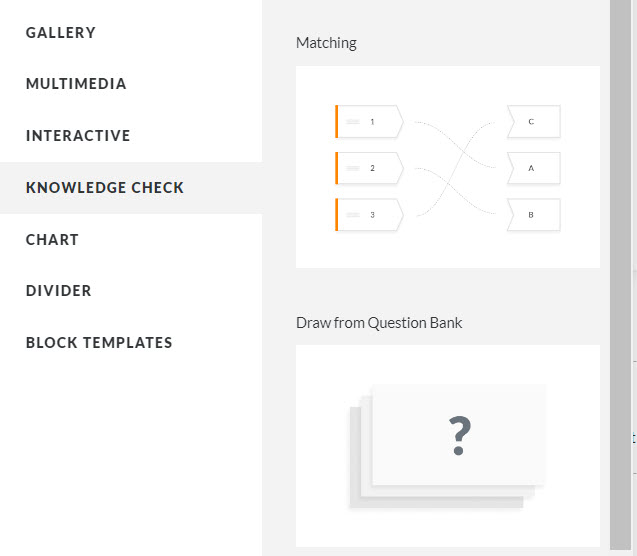Evaluation and assessment are essential parts of instructional design to determine if the curriculum, course, module, or training program is meeting the goals and planned outcomes determined in the development phase. Jane Preston and Tim Claypool wrote the article “Analyzing Assessment Practices for Indigenous Students,” and reviews common assessment practices through an Indigenous worldview. According to the literature, it seems assessment practices over the last two decades for Indigenous students have changed very little.
After reading this article I thought about how assessment tools in e-learning authoring tools, such as canvas, articulate, etc. can be limited quizzes and drag-and-drop methods of testing the learner for retention. Since many of those tools are templates, they are the fastest and easiest to use for assessment, but does the fact that these applications default to those methods of assessment reinforce a western knowledge system, even if the e-learning content is meant to be more inclusive of other ways of knowing?
As an example, I’ve included the only options available for evaluation in Articulate 360 RISE. You only have the option of knowledge checks and there are a total of 5 different applications you can use. Additionally, they have a chapter option where you can build a standalone multiple-choice quiz as well.


Preston, J. P., & Claypool, T. R. (2021). Analyzing assessment practices for Indigenous students. In Frontiers in Education (Vol. 6). https://doi.org/10.3389/feduc.2021.679972